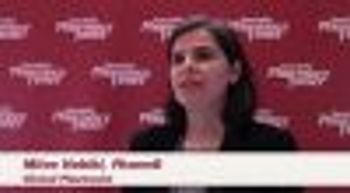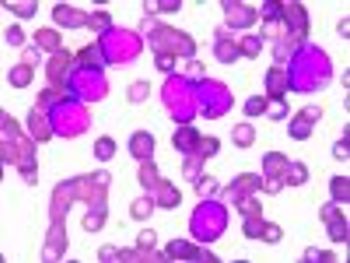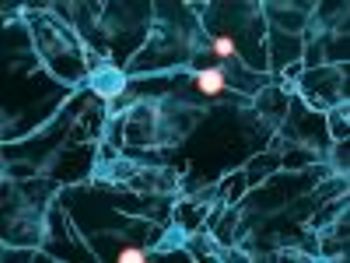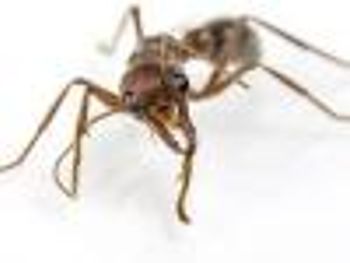
Private insurers and Medicare patients can pay up to 43 times less than the uninsured.

Private insurers and Medicare patients can pay up to 43 times less than the uninsured.

Study finds 1 in 5 Medicare patients have surgery delayed.

HIV antiviral therapy can prevent infection from establishing in at-risk individuals.

Enzyme blocker shows potential in treating infections such as Ebola virus.

Mitra Habibi, PharmD, a clinical pharmacist at the University of Illinois Hospital and Health Sciences System, discusses methods specialty pharmacies can use to enhance adherence in patients with multiple sclerosis.

HIV patients need to have undetectable viral load to undergo procedure.

Glioblastoma Multiforme treatment may extend current one year survival rate.

Drug could eventually also treat prostate cancer.

A look back at some of the top stories on Specialty Pharmacy Times from March 30 to April 3.

Drug failed in treatment of solid tumors but shows promise blocking amyloid-beta plaques.

Natural extract found to reduce cell growth in triple negative breast cancer.

Specialty drugs comprise 28% of total drug costs from just 1% of claims.

Anti-infective and cancer drugs saw the most approvals last year.

Less toxic drug class combined with fasting may kill breast, lung, and colon cancer cells equally well.

Medication would require no refrigeration and cost less than $1 per dose to manufacture.

Engineered protein improves survival rates in aggressive leukemia.

Crohn's disease specifically carries greater risk for developing cervical cancer.

Compounds that prevent protein aggregation may lead to therapy for conditions such as cancer and diabetes.

Standard chemotherapy plus bevacizumab extends survival by a median of 5 months.

Procedure may be more effective than leading drug mitoxantrone.

Researchers believe drug will lead to ‘new paradigm' in leukemia therapy.

Moderate to intense exercise carries wide range of benefits.

A look back at some of the top stories on Specialty Pharmacy Times from March 23-27.

Scalp cooling technology seeks to ensure hair retention in most instances.

Blood test may identify patients who need more intensive chemotherapy.

Current smokers and those who quit less than 10 years prior to surgery face twice the risk of disease recurrence.

Genetic changes in tumors linked to immune system response to disease.

Formic acid from stinging nettles and ants greatly increases treatment's ability to shut down cancer cells.

Errors in genes may leave tumors susceptible to PARP inhibitors.

Treatment increases immune response with fewer side effects.